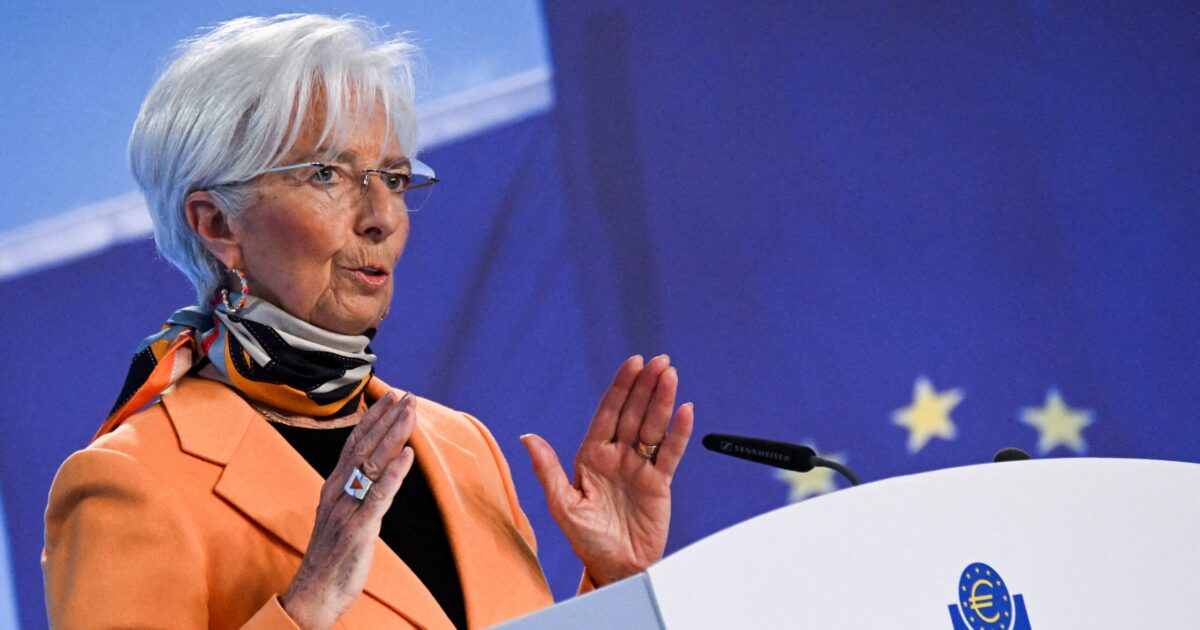After 8 interest rate cuts, the European Central Bank (ECB) is expected to keep the interest rate Deposits (2%) at the next Thursday meeting (24.7.2025) and the question is whether the relaxation cycle of its monetary policy has been closed or whether there will be room for yet another reduction by the end of 2025.
ECB President Christine Lagarde had left a cessation of interest rates by the June meeting when he said the bank was in a good position to manage the uncertainties.
One of the biggest uncertainties for the ECB is the end of the tariff. US President Donald Trump has threatened to increase tariffs on European Union products to 30% from August 1, if there is no trade agreement until then. It does not seem, however, that the ECB executives will change the view and thus the deposit rate will be kept at 2%.
Last week, Bundesbank President Joachim Nagel said that “what is needed now is a stable policy”, stressing that the impact of the trade war, as well as the geopolitical environment, on the inflation of the eurozone, is “extremely uncertain”.
Inflation in the eurozone has fallen to the 2% target. The dramatic increase in money costs – the ECB increased interest rates by 4.25 percentage points in the two years 2022 – 2023 and later kept them until mid -2024 – in conjunction with the energy crisis, they led to anemic growth rates in the eurozone and retention of demand.
The $ 12% appreciation against the dollar since the beginning of the year, due to the flight of investors from US assets after Trump’s trade war has also helped to reduce inflation, as well as reducing oil prices.
The ECB’s services predicted in June that inflation would remain close to its target 2% by 2027. The unfavorable scenario that has drawn up – an increase in US duties from 10% today to 20% – would lead to even lower inflation – to 1.5% in 2025 and at 1.8% in 20%. With the basic scenario, inflation would be 1.6% this year and 2% in 2027.
Trump’s warning for 30% duties is considered more negotiating threat Despite a realistic development, though there are many who believe that Trump can implement his threat. It would, however, be difficult to imagine that the EU could consent to such a high rate and proceed with a trade agreement.
More likely it is either that There will be an agreement with lower duties or that there will be no agreement and the European Commission will in turn proceed to impose duties on US products, for which he has made the preparation.
In the case of a trade agreement, the chances of a new interest rate reduction in the coming months seem to be divided and such a decision will be made if inflation recedes well below 2%. If there is no agreement, the chances of a new interest rate reduction will be greater to address the risk of a new slowdown or recession of the economy.
